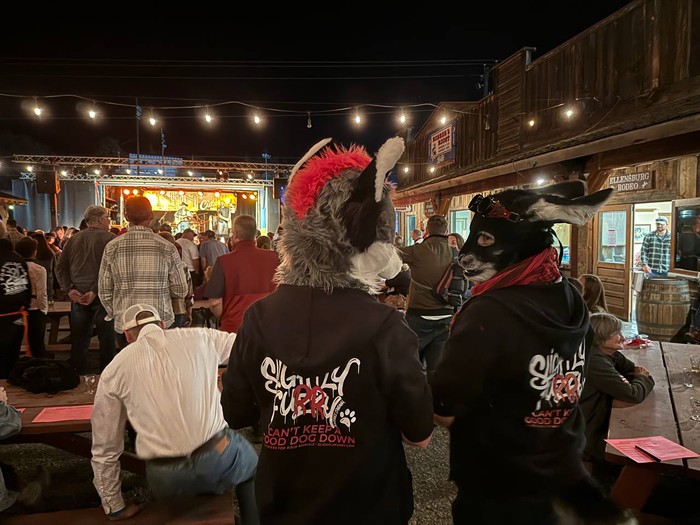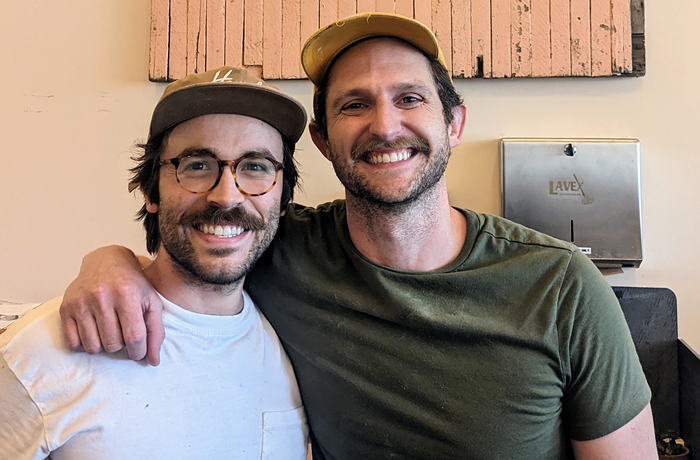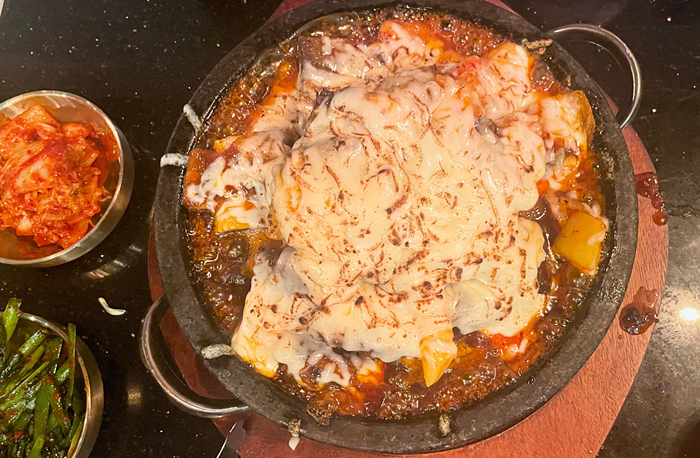
KIRO 7 reports that an Oregon trucker, Jacob Cartwright, 22, transporting a cargo of potato chips from Portland to Nyssa, which is on the border with a state that, according to the comedian Michelle Wolf, makes Trump look rich, Idaho (aka, the potato state), when his GPS went berserk and gave him bad information. He took the wrong turn and ended up stuck and lost in a snowy Oregon forest. The trucker claims there was no cellphone connection, and the handy's battery died, and he began walking around the woods in search of other humans. He spent four days in the wilderness. It was very cold ("the region have been dropping into the 30s at night") and he had no food. When finally out of the woods and snow and nightmare, and not far from his town, La Grande, a "passing motorist" gave him lift back home. ("Oh don't sorrow, no don't weep, for tonight, at last, I am coming home.")
When Cartwright's boss, Roy Henry of Little Trees Transportation, asked "why he didn't take some potato chips with him for his journey," he responded: "That's worth money... That's the load I was hauling and I didn't want to damage the property.'" Carwright is a trucker who wears cowboy boots.
Upon reading this news story, which has the potato, a very important plant, at its core, I could not help but recall the Great Irish Famine, a catastrophe that many attribute to something outside of human control—a blight—but some correctly claim was really worsened by the political economy of laissez faire: let markets solve our problems, not the government. As the saying goes: “God sent the blight, but the English sent the Famine.” God destroyed 3,500,000 "pounds worth of potatoes."
The agricultural economist Micheal Perelman has a lot say about the role of laissez faire in the Irish catastrophe in his book The Invention of Capitalism. The essence of the argument is that, by colonialism, Ireland's economy was structured to be a huge exporter of cheap agricultural products to the English market. Between 1800 and 1814, for example, "no less than 35 percent of all British imports of grain, meal, and flour came from Ireland."
Perelman quotes the Irish writer John Mitchel, who wrote in the midst of the crisis, 1847:
English Professors of political economy have, by perverting and misapplying the principles of that science, endeavored to prove to us, that to part with our bread and our cattle is profitable ‘commerce’ and that intercourse with their country enriches us immensely whatever the ignorant and starving Irish nay say and feel to the contrary.’The poverty and misery this colonial structure caused was not blamed on, of course, English exploitation but on Irish culture itself. It suffered from, as we now like to say, a culture of poverty. It was common for English economists and politicians to call the Irish the very same things white Americans call black Americans or white Europeans call black Africans: barbarians, stupid, lazy. Ireland was the first Third World country in the world.
It was also the first country on which scarcity was imposed not by God or war or a blockade but by the property principles of capitalism. It is here that the birth of what we now call austerity took place. It helped kill one million people.
The Oregon transporter of a cargo potato chips—enough food to feed several Irish villages, if time travel were possible—says he walked through the sleet and driving snow on an empty stomach. He looked for lights in the distance. He hungered. If this is indeed true, what he is really saying is that the market and its unequal property relations do not need to police or discipline him like the starving Irish of old. He can do this monitoring job all by himself; he can watch himself as if someone, the owner or protector of property that's not his, is watching him. He can do this even in a situation where he has, as the Vancouver B.C. political economist Geoff Mann puts it, the "right of necessity," the right to live ("...to take from those who put their property rights or freedom of commerce before their neighbors’ hunger is no crime against justice or peace"). Even the trucker's boss understood he had this right in a moment of real danger.
If this kind of self-policing mind sounds familiar, it's because you read Michel Foucault's Discipline and Punish: The Birth of the Prison. That book famously contains the theory of panopticon. The idea is simple. The 18th-century social engineer Jeremy Bentham made plans for a prison built in a way that made it easy for convicts to be seen, but for convicts to have no way of knowing if they're being seen or not. Here, design would eventually shape the structure of consciousness. Because the mind is conditioned to never know if it is watched or not, it begins to watch itself. The unseen guard becomes a ghost in the prisoner's head. This is a much cheaper and effective way of policing property rights.



















